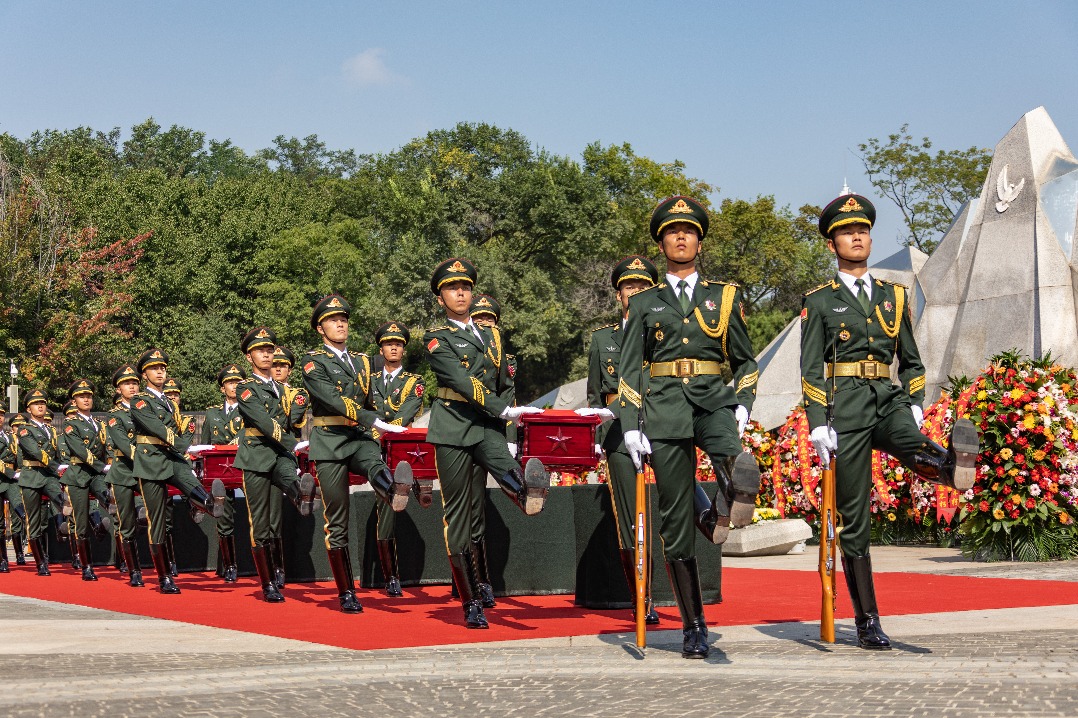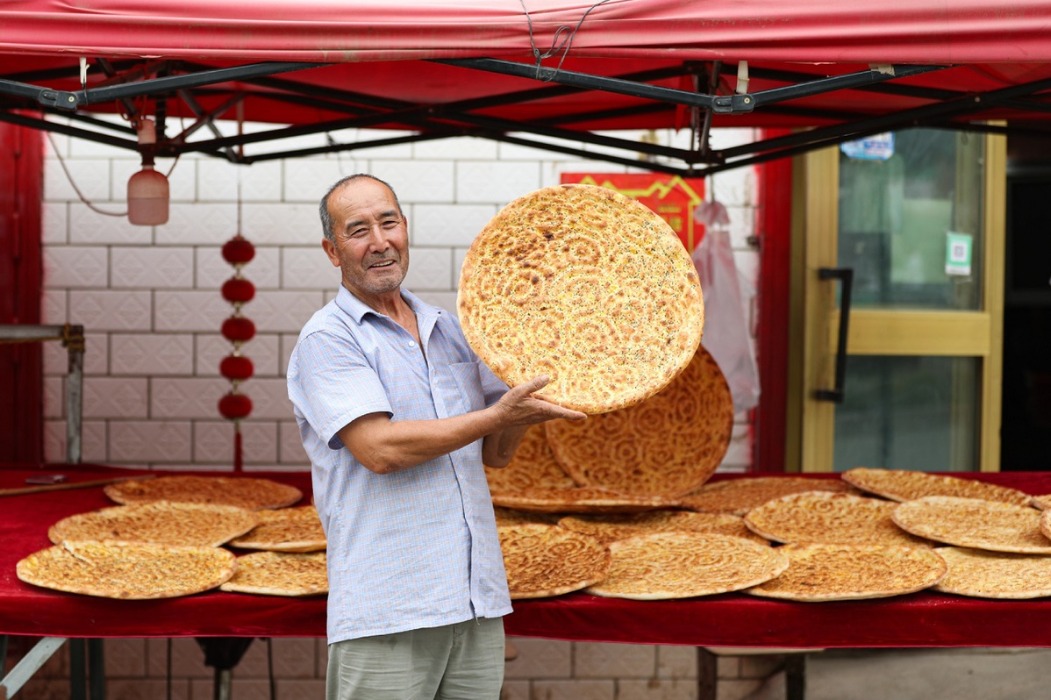Calls rise to unmask protesters


Thousands of HK residents sign petition for ban on covering face at public assemblies
With protests in Hong Kong turning violent, legal experts and others are once again calling for an anti-mask law.
Thousands of residents of the Hong Kong Special Administrative Region signed a petition earlier this month urging the local government to pass legislation that would ban the wearing of masks by demonstrators.
In addition, a local group, Protect Hong Kong, has called for such a ban, Hong Kong media reported.
The group believes that young people might not commit violent acts at rallies if they are not wearing masks.
It also said protesters have no need to wear masks unless they are sick, and if they are sick, they should not take part in rallies.
A spokesman for the group said a ban on masks would make young protesters realize they will be identified when committing illegal acts and will face consequences.
In violent attacks in the government building, on the street and at the airport in the past three months, rioters have covered their faces with masks and scarves to hide their identity and escape punishment.
Similar calls for anti-mask legislation were made after local officials, in February 2016, tried to shut down a night food market in Mong Kok, one of Hong Kong's busiest districts, and rioters hurled bottles and garbage cans at police officers and tore bricks from the pavement to be used as weapons.
Some Hong Kong lawmakers at that time urged the local authorities to introduce an anti-mask law, saying many protesters hid their identities during the Mong Kok riot to avoid arrest.
Elizabeth Quat Puifan, a lawmaker from the Democratic Alliance for the Betterment and Progress of Hong Kong, said psychological studies have shown that a person wearing a mask to hide his or her identity was more likely to do violent acts than one without a mask.
Maggie Chan Manki, president of the Small and Medium Law Firms Association of Hong Kong, said that with masks on their faces, criminals are more reckless.
To safeguard people's safety and restore order in Hong Kong, "the city should have a bill banning protesters from wearing masks," she added.
"It is difficult for police to collect evidence (of criminal suspects among the protesters) and file lawsuits," said Chan, who also is a Hong Kong deputy to the National People's Congress, China's top legislature.
Lawrence Ma Yan-kwok, a Hong Kong-based lawyer, said, "There is an urgent need to enact an anti-mask law in Hong Kong."
Many radical Hong Kong protesters have deliberately abused this legal vacuum to break the law and avoid arrest, as it is difficult for the police to identify people wearing masks, said Ma, who is also chairman of the Hong Kong Legal Exchange Foundation.
"The purpose of having an anti-mask law is to allow the police to identify suspects who commit criminal offenses and bring them to justice," Ma said.
Ma said Canada and many parts of the United States have anti-mask laws, and wearing masks in protests is banned in many European countries.
Earlier this year, France's National Assembly approved a law banning the wearing of masks at protests, following weeks of antigovernment "yellow vest" demonstrations. Wearing a mask could result in a one-year prison sentence and a fine.
Wearing a mask to hide one's identity during a public assembly is also banned in such European countries as Denmark, Germany, Norway, Austria and Sweden.
Thom Brooks, dean of the law school at Durham University in Britain, said: "My sense is these laws can be very difficult to enforce, which may help explain the substantial penalty for breaking these laws. Part of the difficulty will be simply in identifying those who are covering their faces."
Illan rua Wall, an associate law professor of the University of Warwick in Britain, said anti-mask laws are used for two reasons: to make protesters identifiable to the police for subsequent prosecution, and because of the social psychology theory that people who feel anonymous are more likely to act aggressively.
"Forcing them to take off a mask is supposed to decrease the risk of escalation," Wall said, adding that an anti-mask law makes it easier to disperse and prosecute.
- Election of Macao's 8th Legislative Assembly commences
- International Universities Rowing Open kicks off in East China
- Beijing takes major step in data infrastructure, digital economic development
- China launches anti-dumping probe into certain US analog IC chips
- China's largest coalbed methane field sees output top 4 billion cubic meters
- China pays its respects to 30 war martyrs





































